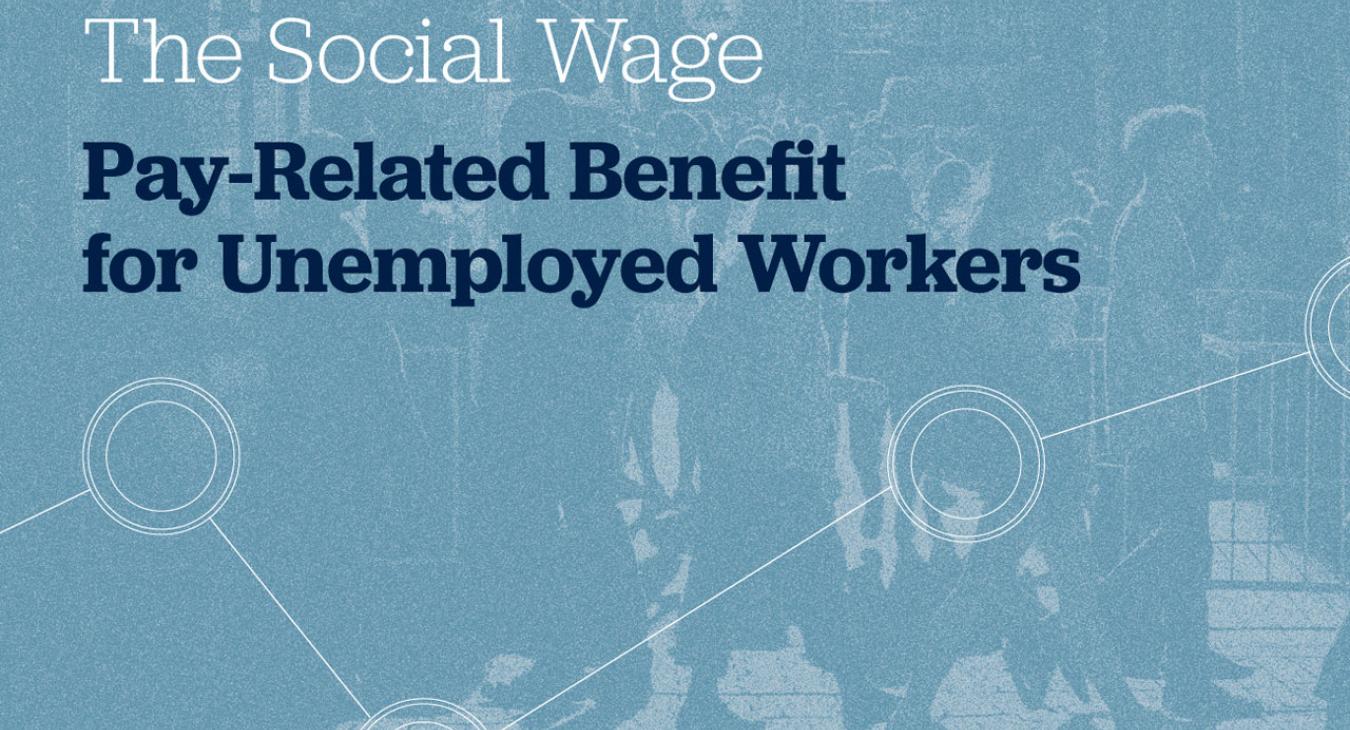Speaking ahead of the publication of an ICTU policy position paper on pay-related welfare benefits for workers, Irish Congress of Trade Unions president Kevin Callinan said: “Income protection for workers is exceptionally weak in Ireland compared to the rest of the EU.
“Despite workers paying pay-related social insurance contributions when in employment, they only receive a flat weekly payment if they lose their job, fall sick or have a baby. In almost all other 27 Member States, workers receive a percentage of their previous pay to protect them against a fall in living standards during short gaps in employment.”
Mr Callinan added “Post-pandemic there is now a heightened public demand to strengthen our frayed social safety net. This cannot and should not be ignored.”
Delivering on a Programme for Government commitment to consider a pay-related payment for recently unemployed workers, the Department of Social Protection has published a draft Pay-Related Jobseeker’s Benefit Scheme for public feedback.
ICTU general secretary Owen Reidy said: “ICTU strongly supports moving from flat-rate to pay-related benefit payments for workers.
“Full-time workers losing their job see their income fall off a cliff. Jobseeker’s Benefit (€220 a week) only replaces one quarter (25%) of the average wage and just half (49%) of an already low minimum wage. The same workers have 91% of their wages replaced by pay-related unemployment benefits in Belgium, 79% in Denmark and 69% in the Netherlands.”
Mr Reidy added: “If done right, this move will bring us in to line with the rest of the EU and allow workers continue to pay their mortgage and other bills while they look for a new job.
“However, ICTU is very concerned some proposals under consideration, if not amended, will disproportionally and significantly weaken the existing income protection of low-wage part-time workers and workers with caring responsibilities, the majority of whom are women.
“The Irish Congress of Trade Unions and our affiliated unions have published a policy paper setting out our position on pay-related benefits and our recommended changes to what is being proposed. We look forward to engaging with Government to get the design of this significant social policy reform right for workers and their families.”

